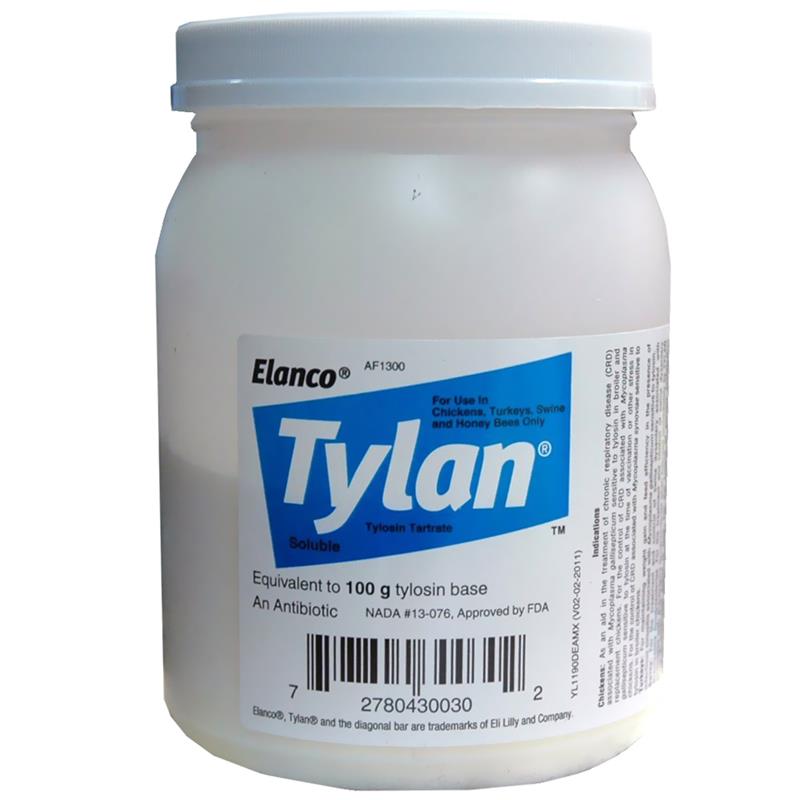I've been searching the site for info about our sick flock. Our chickens looks like everything I have seen about gapeworm - head bobbing and shaking, yawning, gurgling if you pick them up, etc. So we are going to TSC to pick up the treatment. But how do we need to treat the yard to get rid of it there? Our chicken pen is huge, so they essentially free range, and I have no idea how to treat that area - or one that large. What do we do to disinfect their coops?
Edited to say they are not a year old yet. Started laying this summer. Got them at TSC this spring.
As a side note, should we also treat our guineas and ducks who have shared the same yard?
Edited to say they are not a year old yet. Started laying this summer. Got them at TSC this spring.
As a side note, should we also treat our guineas and ducks who have shared the same yard?
Last edited:





 Taking one of the Roos to the university AG vet on Friday. They said they've seen a lot of MG in the area the last couple of weeks, but of course they can't say it's that over the phone.
Taking one of the Roos to the university AG vet on Friday. They said they've seen a lot of MG in the area the last couple of weeks, but of course they can't say it's that over the phone. 